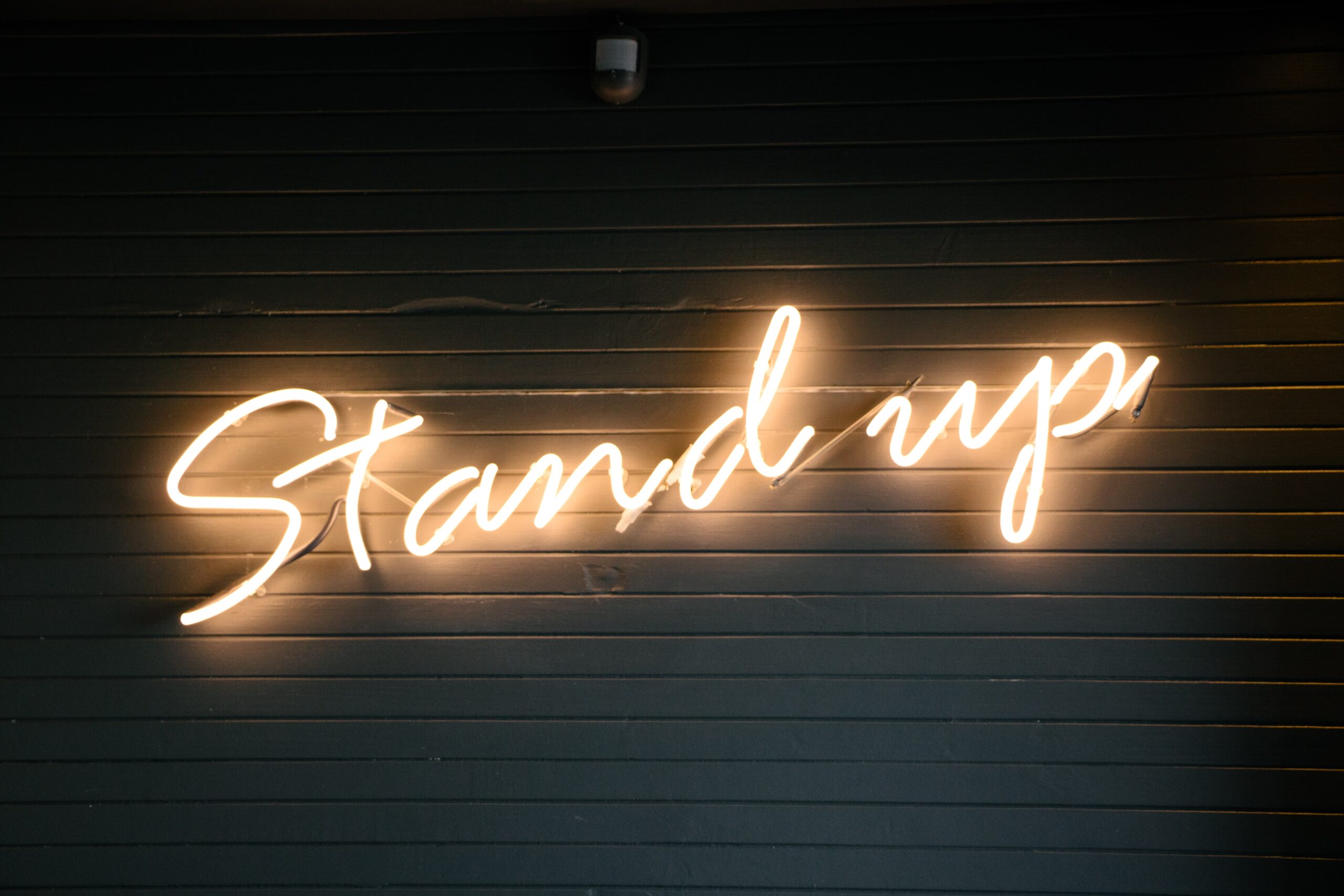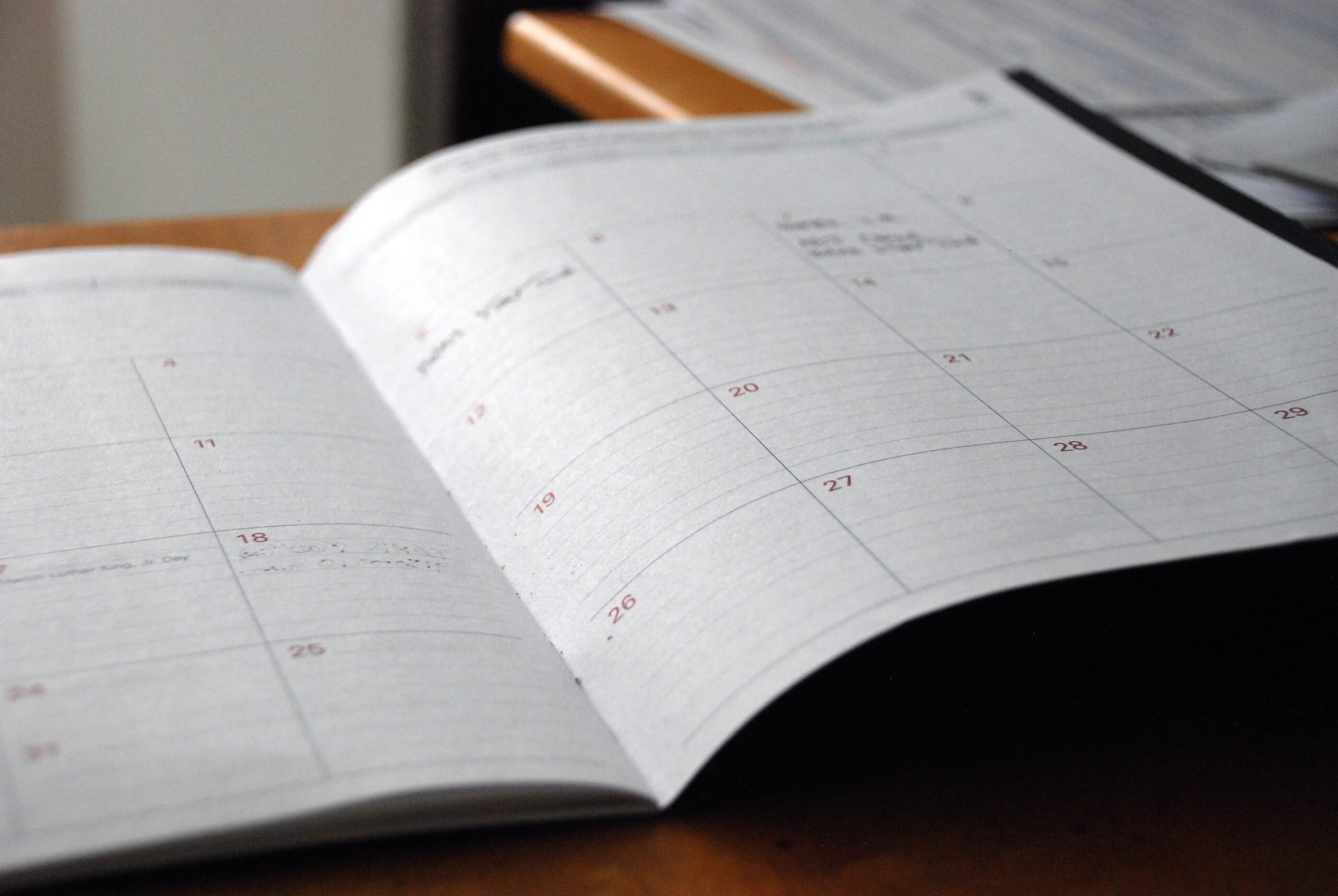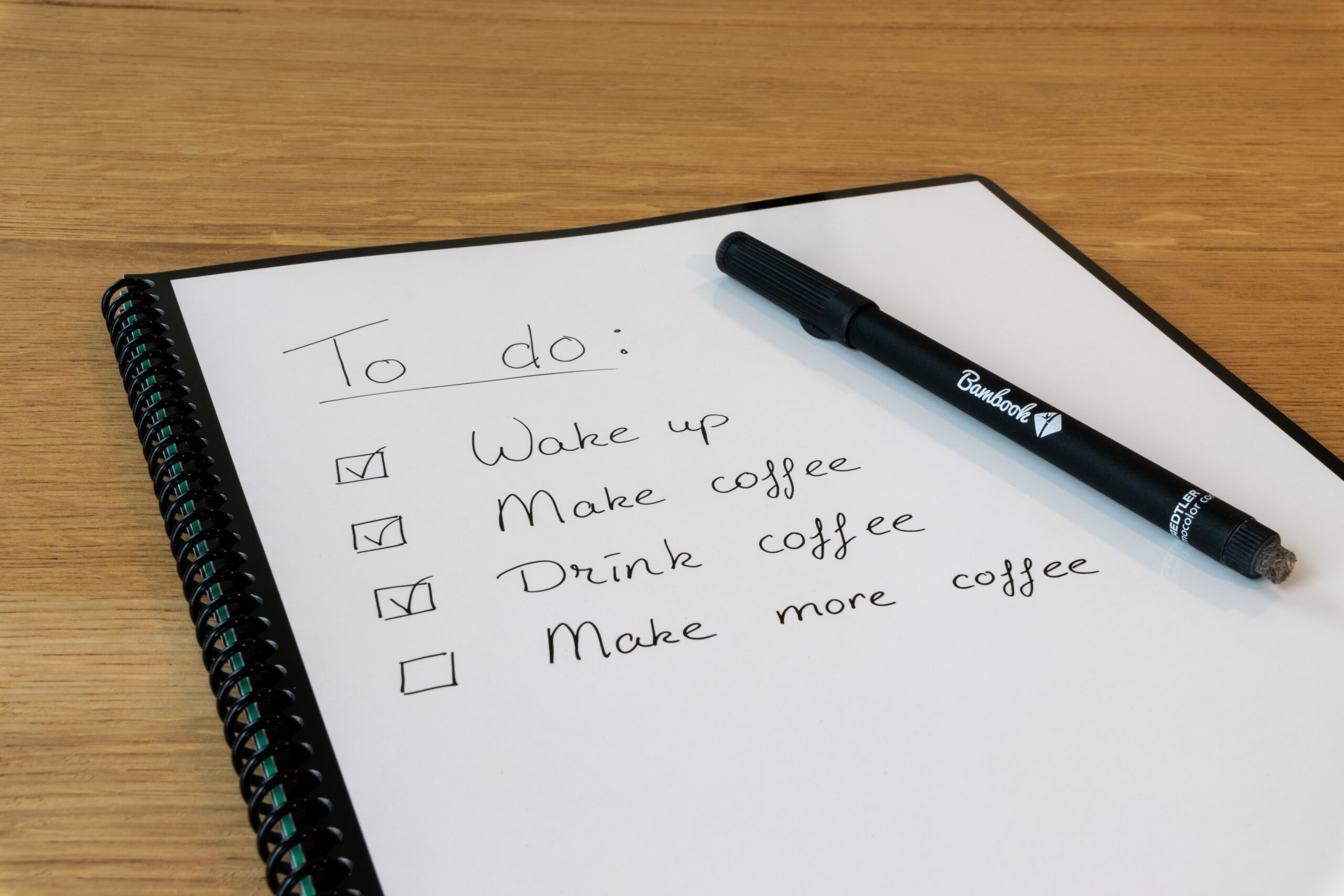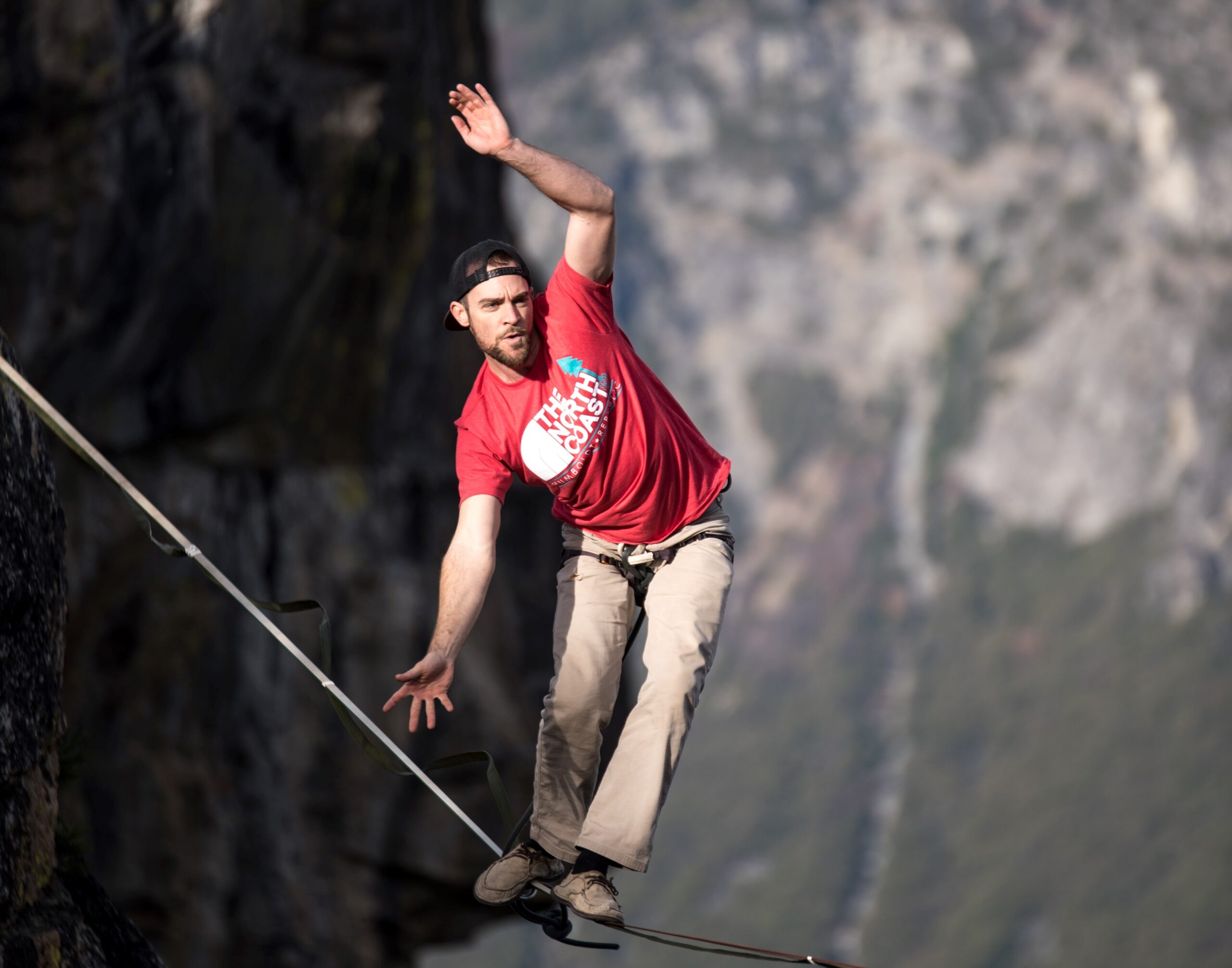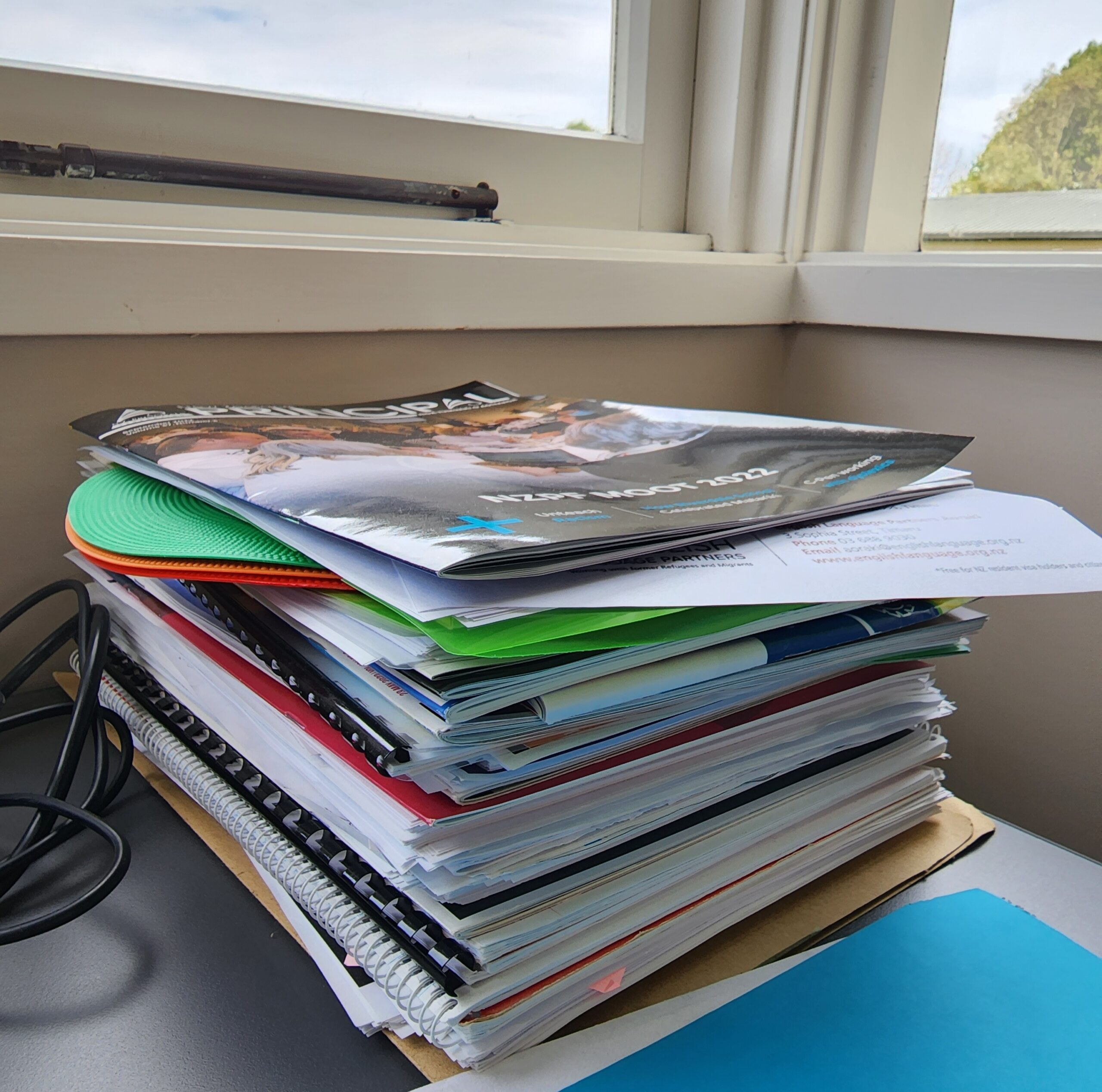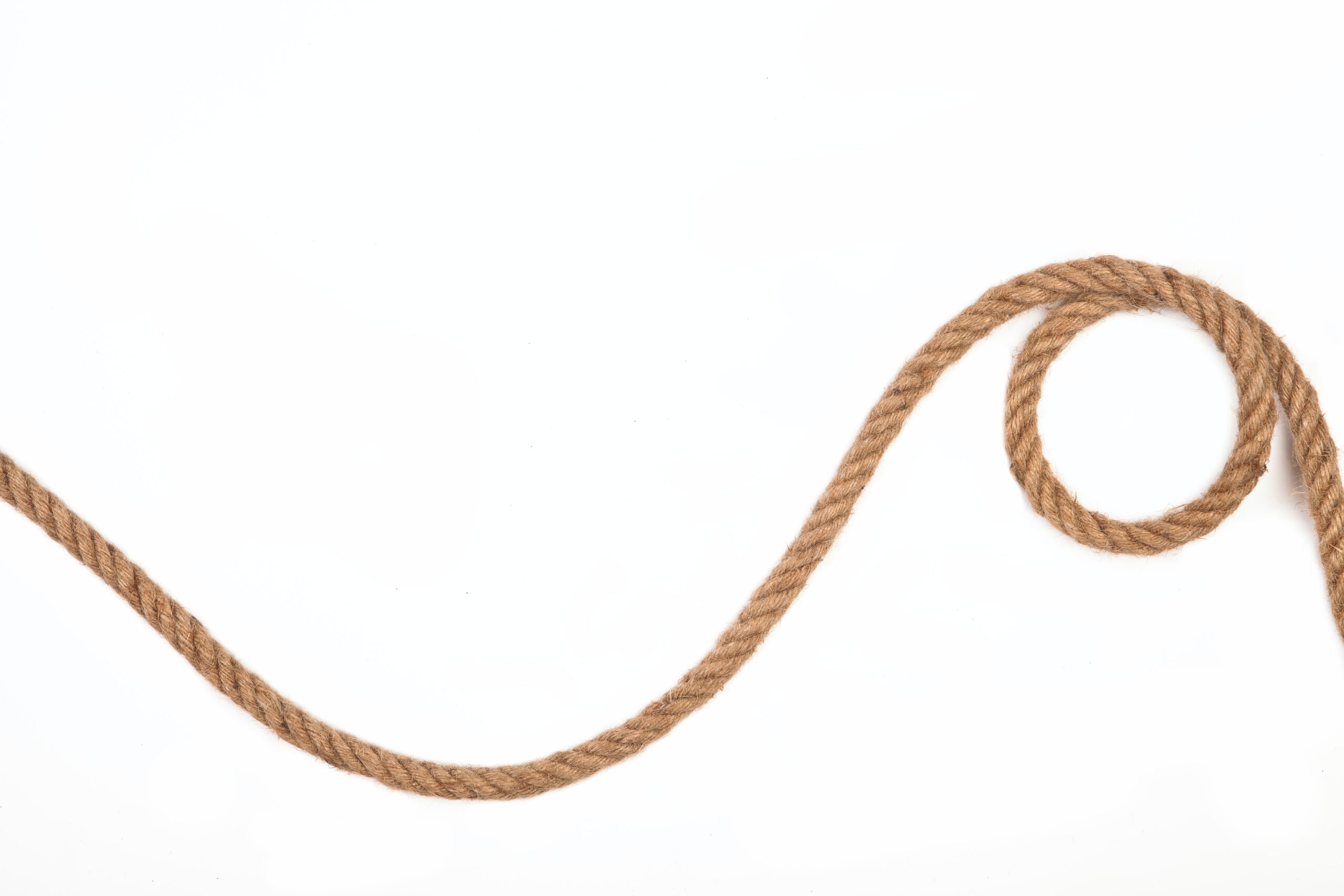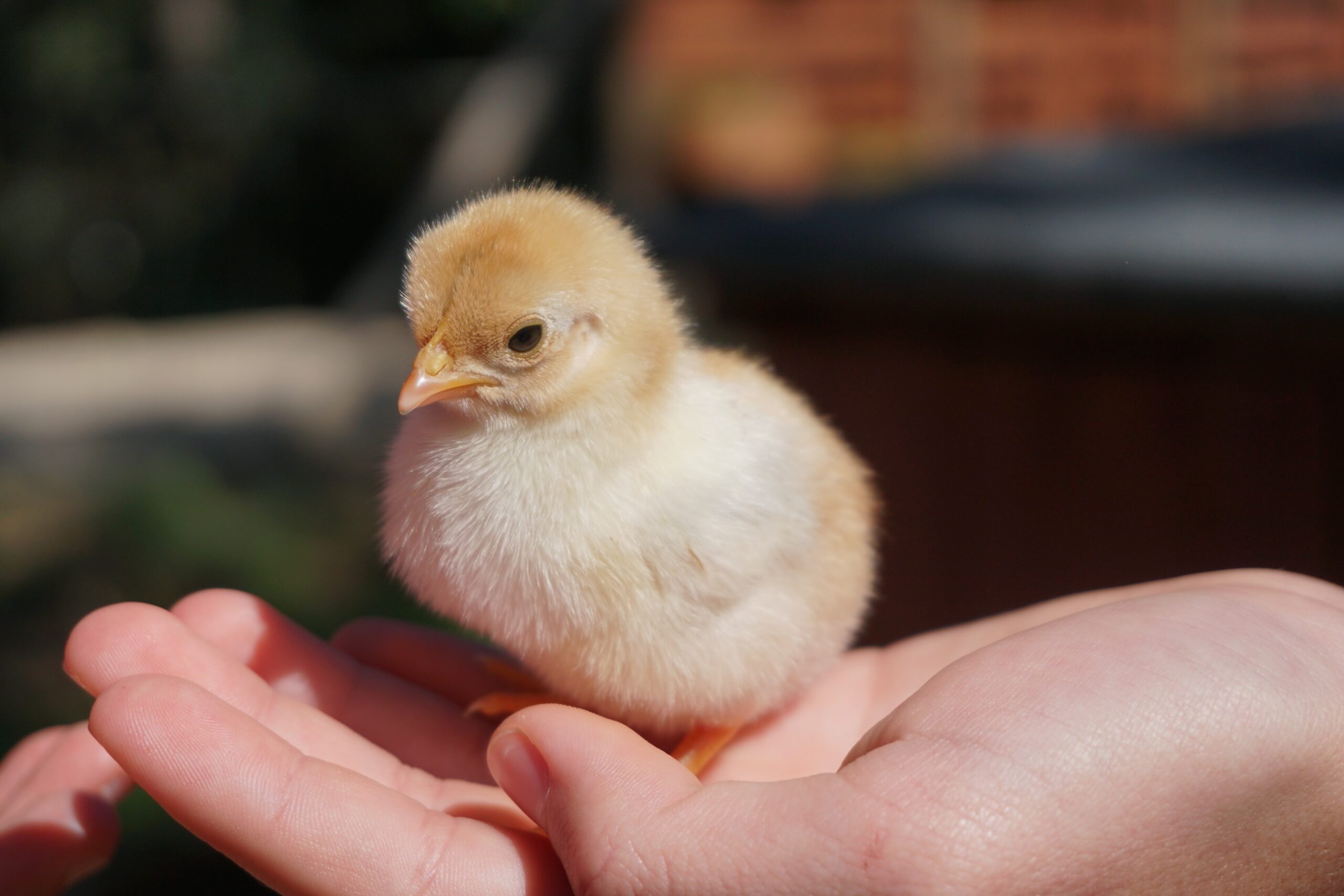
Photo by Afra Ramió
I was speaking to a newly minted principal the other day who was experiencing a strange phenomenon – they were finding their new job fairly easy!
. . .
I can still remember my first principalship, a week in and sitting at my new principal desk, with the door shut and no distractions. I sat there looking around and thought something like, “this isn’t as hard as I thought”.
Sure, there were things to do (including quite a bit of teaching back then), but it seemed manageable. There was time to think about what next and a sense of freedom after being in a classroom up until that point. It was a happy feeling. My recollection (to be fair it was a while ago) is that this satisfying, warm feeling lasted about a fortnight.
. . .
Somewhere between those initial two weeks and the end of that first year, I found myself working at a pace that made me wonder if stepping out of the classroom had been a serious mistake. Decision making about what to do next had changed from peaceful consideration to being all about priorities and letting things go – even important things at times.
So, what changed?
I think it was moving from a combination of ‘not knowing what I didn’t know’, and the general positivity surrounding me as the ‘new’ leader, to being responsible for everything. It was probably about then that I realised that no one wants an apprentice principal – they want the real deal right from the start.
This common experience is an example of the cumulative ‘weight’ that our role brings over time. The longer you do it, the more stuff you are responsible for. If you stay in a school for longer than 5 years, you are responsible for a whole mountain worth of things, both done and undone.
When you shift schools, the slate is temporarily wiped clean. But the more you know about the job, the quicker you get back to carrying that weight in the new setting. Ignorance can indeed be bliss at times!
What got me thinking this week were the compelling statistics just released by the NZEI (a New Zealand teacher union). Their latest survey of the principal workforce found that 20% overall wanted to leave the profession in the next two years and for new principals, nearly half (47%) wanted out inside of 5 years. But the stat that really stopped me in my tracks was that none, as in zero, nada, zilch felt the job was manageable, and none felt well supported in the role. (The data represents approximately a quarter of all principals in NZ.)
. . .
Is it possible to get back to a sense of manageable load like when you first started?
I argue it should be, but I’m becoming increasingly convinced that it will take collective, system level changes to achieve this. As individuals, many of us are making intentional ‘job design’ decisions but until the system comes on board and starts supporting us, it’s always going to be a compromise.
A while ago, when the 40 Hour Project began, I thought that when enough leaders made sustainable choices in the role we’d reach a sort of ‘critical mass’ and the momentum would force change. I still believe that individuals making smart choices (and being visible about them), is valuable for everyone, but without direct support from our system, individuals are vulnerable.
You could transpose the label ‘system’ for ‘Government’ but it’s more than just that – it’s your Board, local MOE, Senior Advisor . . . all the way to the Minister.
. . .
In the meantime, while we wait for the figurative ‘penny to drop’ somewhere, and to celebrate the successes you led over the last 8 weeks, how about investing one hour putting important non-work items on next Term’s calendar. I’m pretty certain you had no trouble adding ‘set in concrete’ items like Board meetings, PLG sessions and your commitment to the duty roster. I suggest you spend your hour, door shut, adding at least two important non-work items into every week – inside of 9am – 3pm (or between 3pm and 5pm if you are at teaching leader). Coffee, friend, walk, gym, read, whanau, hobby, could be possible labels and if you’re feeling a little vulnerable in a shared calendar, use code. This could be the most valuable hour you spend all Term.
Dave



